By Reyhaneh Rajabzadeh, Speech-Language Pathologist
Throughout the expat community, children are being brought up in multi-lingual homes. Usually parents speak one language, ayi speaks Mandarin, and the world speaks English. Sound familiar? Or are your kids exposed to even more languages, because you and your partner come from two different backgrounds?
Concerns about how this will affect children’s language development are very common. I would like to address some of the basic things a parent might want to know.
Immersion alone is sufficient.
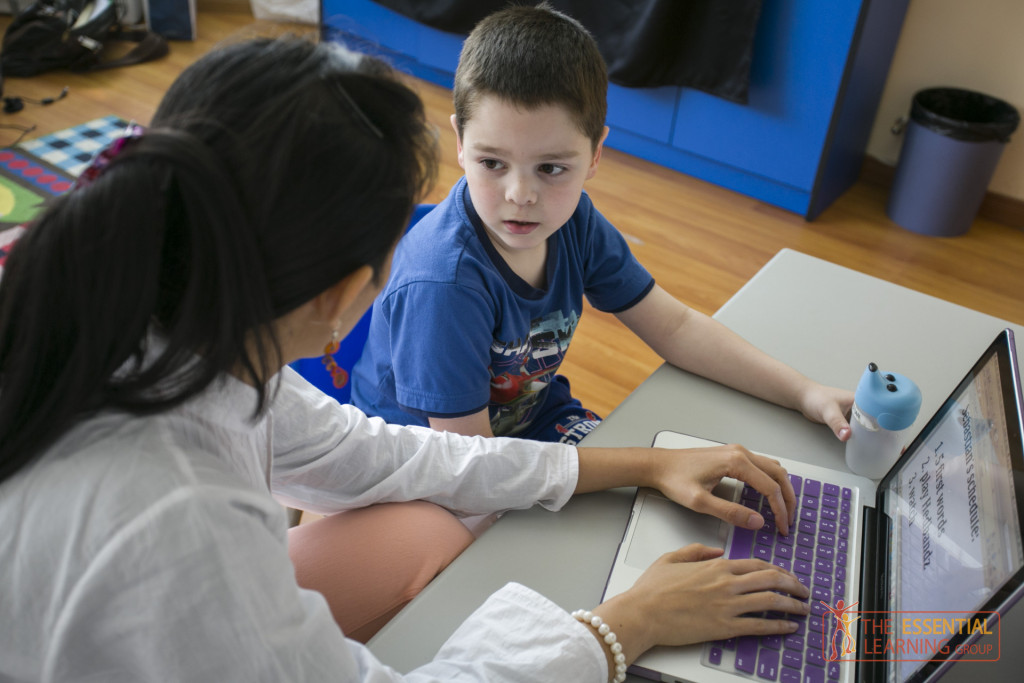 In the first four years of our lives we absorb language incredibly quickly, so much so that we normally don’t need to be taught the language explicitly to pick it up. This is true for multi-lingual children as well.
In the first four years of our lives we absorb language incredibly quickly, so much so that we normally don’t need to be taught the language explicitly to pick it up. This is true for multi-lingual children as well.
More exposure, better language skills.
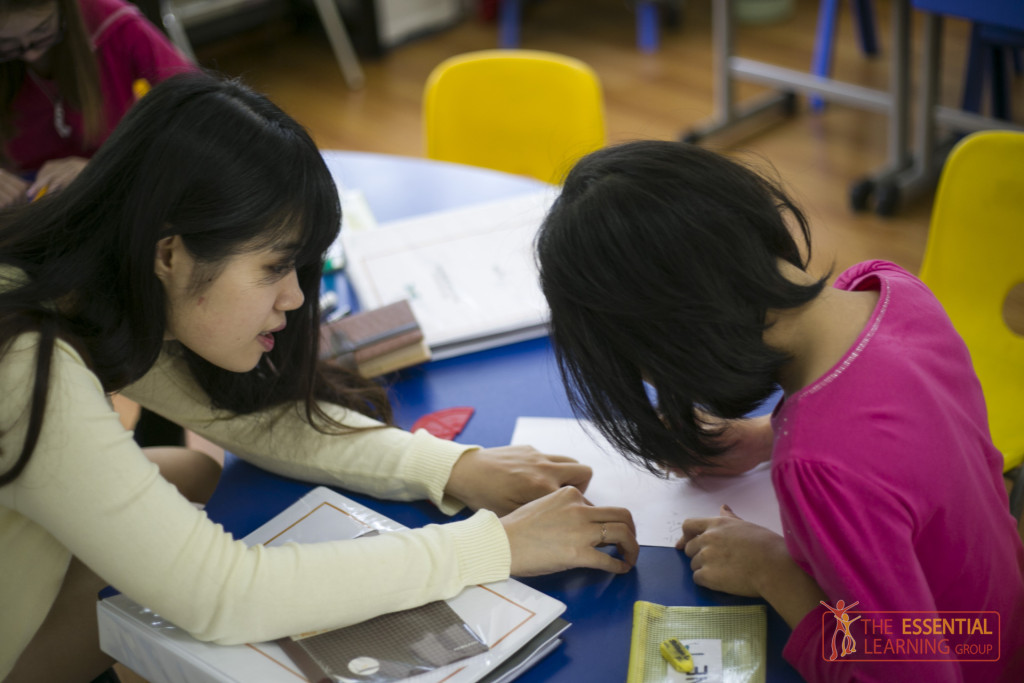 While children will naturally start to understand all the languages that are present in their environment, the extent of their learning will depend on their level of exposure. Hearing parents and other adults talking, books and television, spending time with the ayi, all contribute to language learning. However, the degree to which a language is absorbed depends on the degree of exposure to it.
While children will naturally start to understand all the languages that are present in their environment, the extent of their learning will depend on their level of exposure. Hearing parents and other adults talking, books and television, spending time with the ayi, all contribute to language learning. However, the degree to which a language is absorbed depends on the degree of exposure to it.
Learning multiple languages improves mental flexibility.
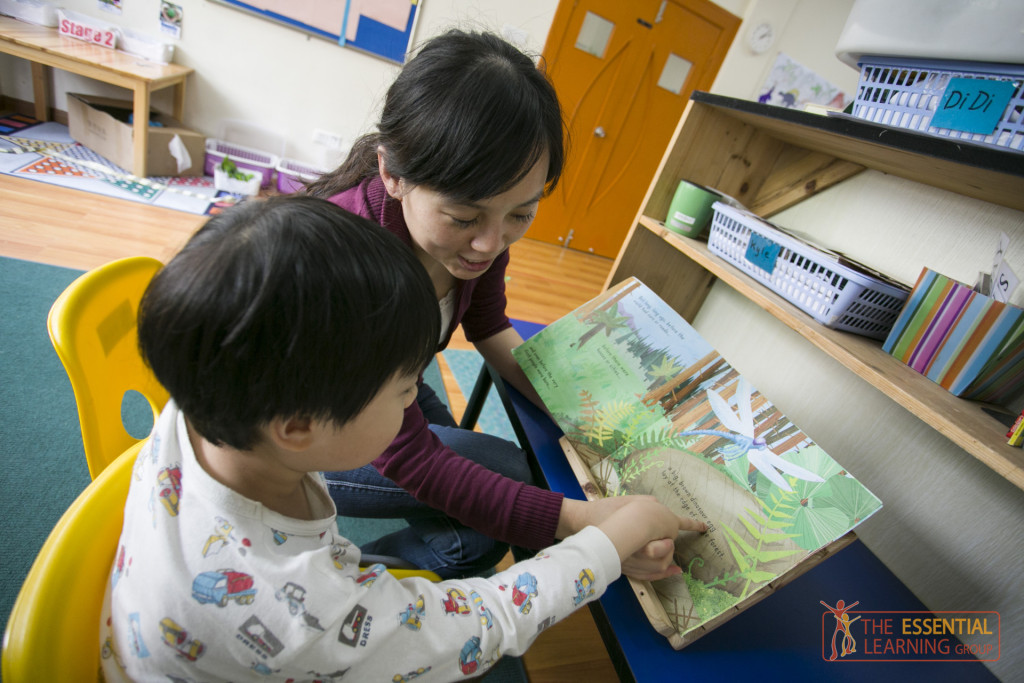 The more sounds we are exposed to at a younger age, the easier it is to both distinguish and reproduce these sounds throughout life. Also, research shows that by speaking more than one language, children gain mental flexibility and the ability to approach problems in different ways.
The more sounds we are exposed to at a younger age, the easier it is to both distinguish and reproduce these sounds throughout life. Also, research shows that by speaking more than one language, children gain mental flexibility and the ability to approach problems in different ways.
Knowing what language to use, and when, is important.
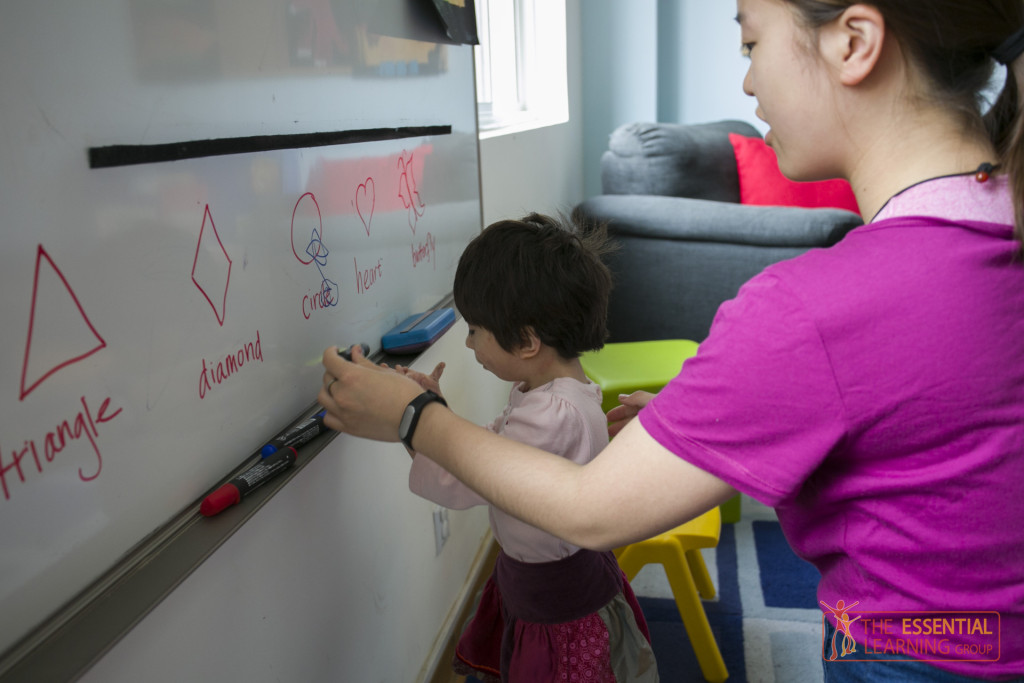 Children growing up in a multi-lingual environment will sometimes take a little longer before expressing language.
Children growing up in a multi-lingual environment will sometimes take a little longer before expressing language.
What’s important is that the children know what language they are expected to use at certain times and places. If the child is unsure what language to express at any point this can be an issue, so it is good to compartmentalize the languages as much as possible. For example, Dutch is spoken at home, Chinese with ayi and outside, and English is spoken with friends and at school.
What to do if there is a real concern?
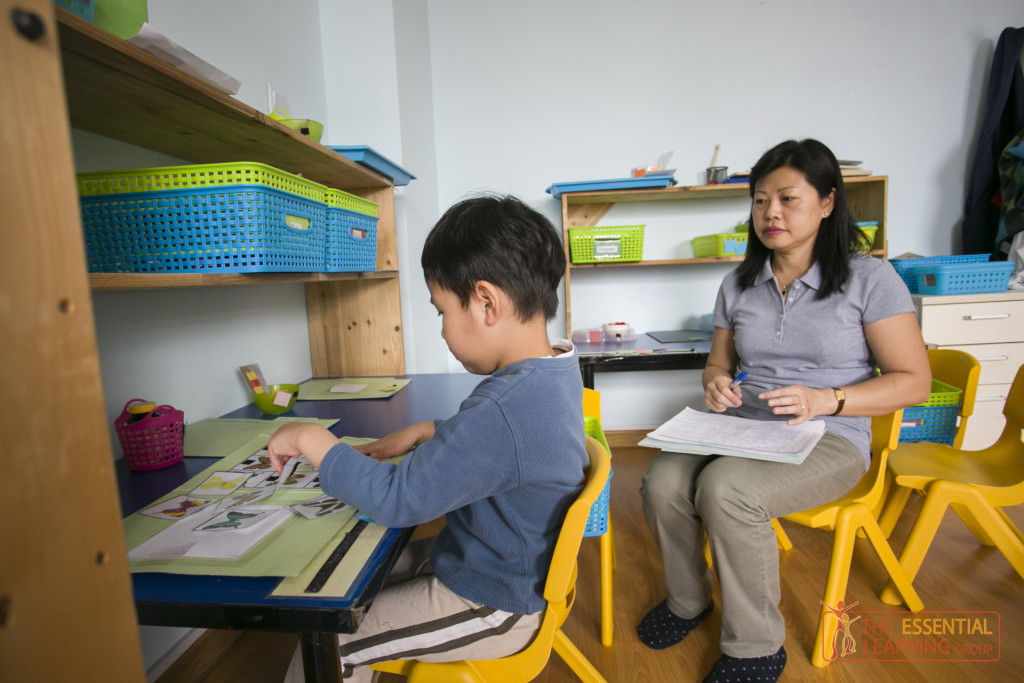 If a child does have a difficulty with language, it will manifest across all languages they speak. Being stronger in one language over another is not evidence of a language disorder, probably just of different exposure levels and natural stages of second and/or third language development.
If a child does have a difficulty with language, it will manifest across all languages they speak. Being stronger in one language over another is not evidence of a language disorder, probably just of different exposure levels and natural stages of second and/or third language development.
Children who are growing up learning many languages are learning more words than normal, which may cause them to speak later. Remember, a child doesn’t have to be speaking a language to pick it up, he or she just has to be exposed to it. But if you suspect there may be a more major issue, the best thing to do is contact a professional speech-language pathologist who can assess your child and provide recommendations.
